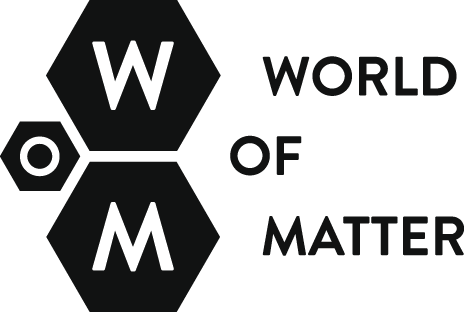White Oil
White Oil
Judy Price
This field research examines the extraction and expropriation of stone from the quarries in the Occupied Palestinian Territories of the West Bank. Moving image is employed to explore the lived experiences of people and address the way in which the quarries are not just industrial spaces but also lived spaces.
This web version of White Oil relates to a sixty-five minute single screen film, which explores the quarries as multilayered spaces where conflicts over land, excavation, ownership and identity and statehood take place.
White Oil is field research that draws on observational cinema, visual ethnology and dialogical aesthetics. My method has been to form intimate encounters with the quarries, their locality and the geopolitical and spatial relations of the West Bank. Spending time in these spaces, through repeated visits and building relationships with my co-participants over a three-year period, with an emphasis on listening has been absolutely vital to the project in which knowledge unfolds.
Derek Gregory’s work exemplifies the value of post-structuralist geography in my methodologies, in his book Geographical Imaginations. (1) Gregory argues that in the searching out of spaces we must address the way meanings are ‘spun around the topoi of different lifeworlds and threaded into social practices and woven into relations of power’. (2) In exploring the spatial dynamics of the West Bank this is highly resonant. The West Bank is a space of fragmentation and enclaves where relations between Israeli settlers, Israel’s Occupying Force, Israeli entrepreneurs and Palestinians are as conflicted as they are dependant on each other. They produce a geographic space in which any over view of how these different forces interact is exceedingly complex and always inevitably incomplete.
We can perceive the quarries as a ‘meeting place’ (3) of different forces and dynamics to explore how the physical, human, economic and political landscapes are folded into these quarry spaces, and both produce and are produced as a result. As such the research engages with: the quarry spaces, their proximity to residential areas, the environmental effects, the importance of the quarries as providing a livelihood for Palestinians, the use of the material excavated and Israel’s investment in the quarries, the arduous labour needed for excavation of the stone (Palestinians are not allowed to use explosives), the way the West Bank is divided into different zones by the Occupation and how this impacts on how Palestinians use their land, and issues of mobility and lack of other available work.
(1) Derek Gregory, Geographical Imaginations (Blackwell, 1994).
(2) Derek Gregory, Geographical Imaginations (Blackwell, 1994), p.76.
(3) Doreen Massey, ‘A Global Sense of Place’, Marxism Today (June 1991), pp. 24–9.


